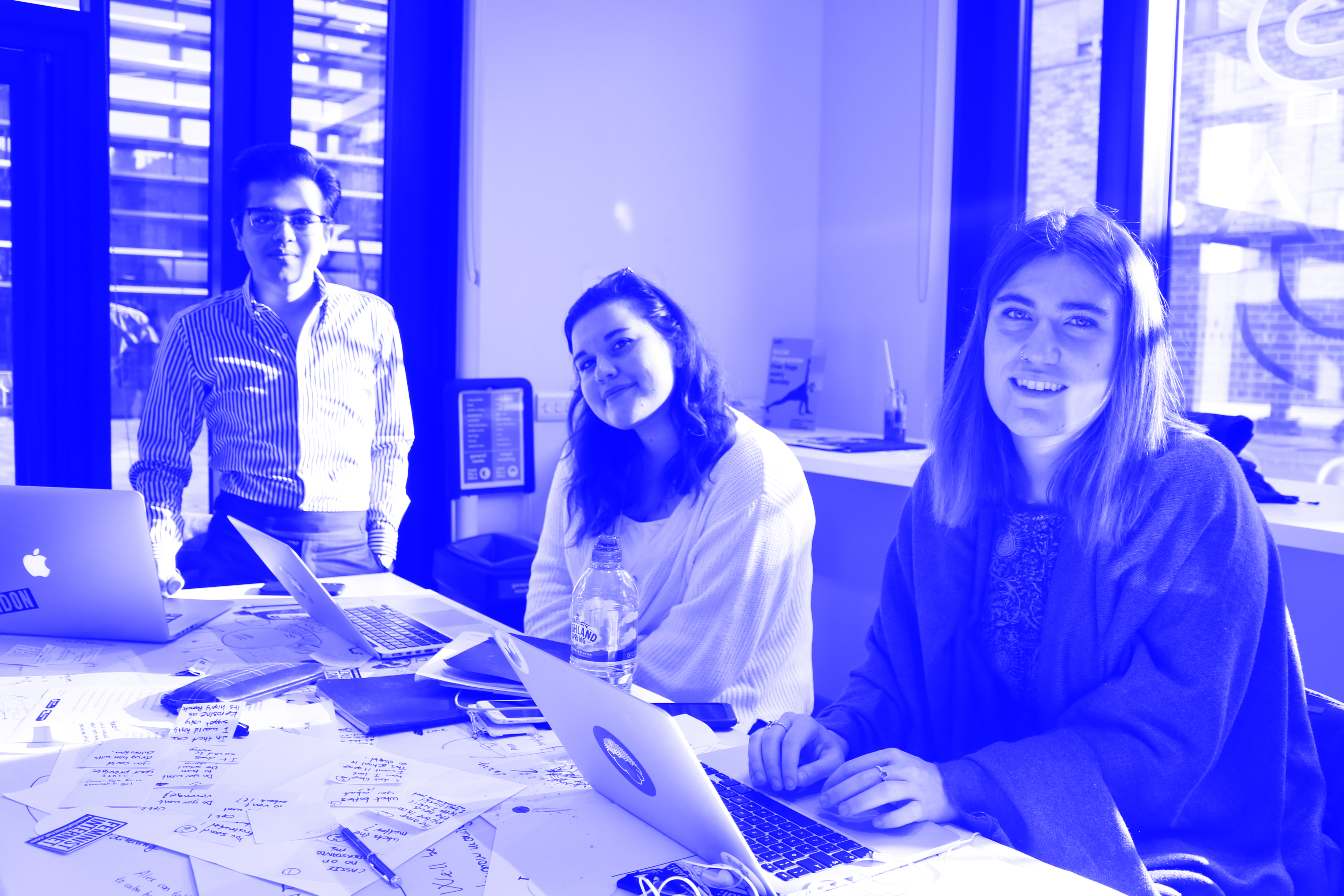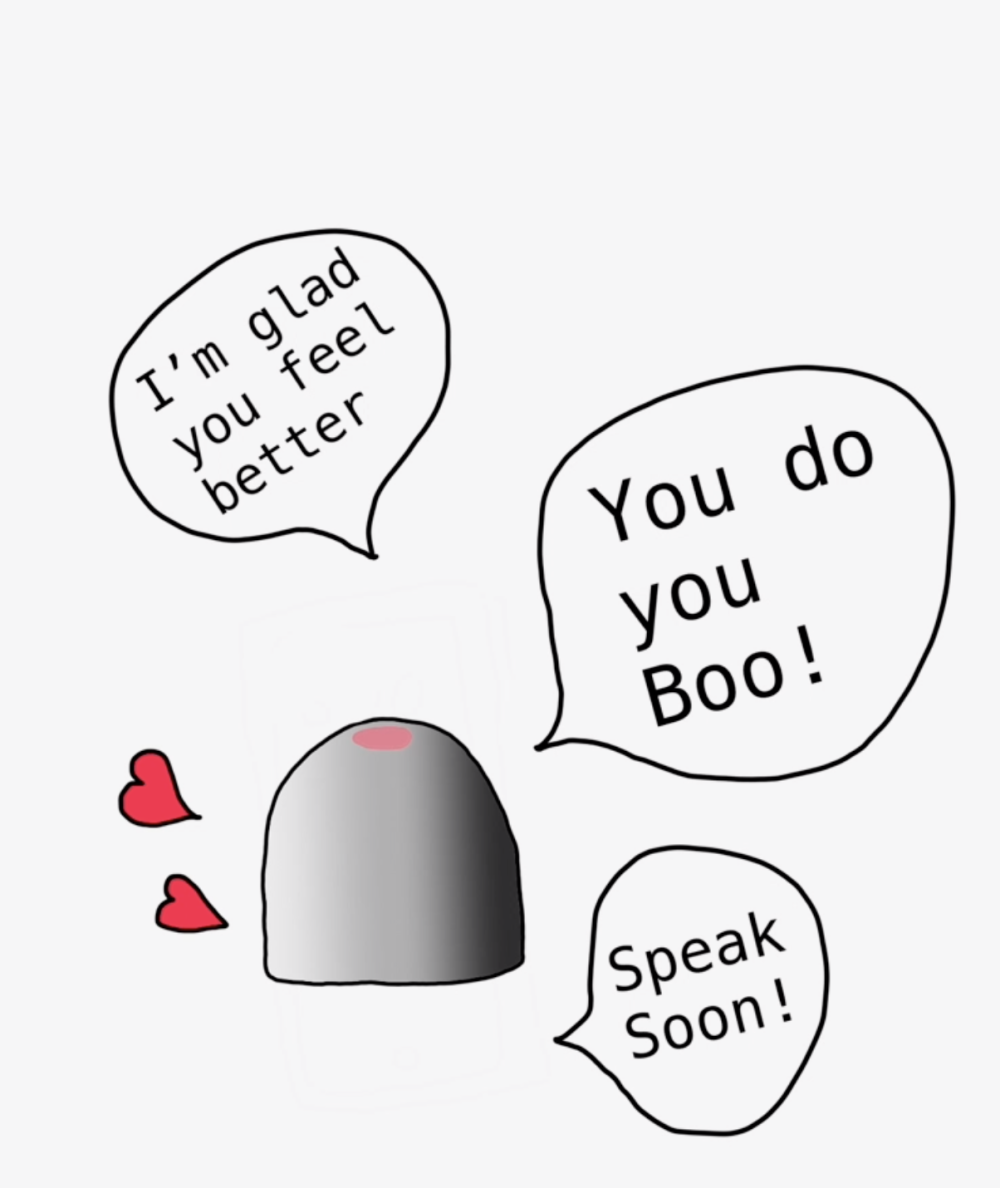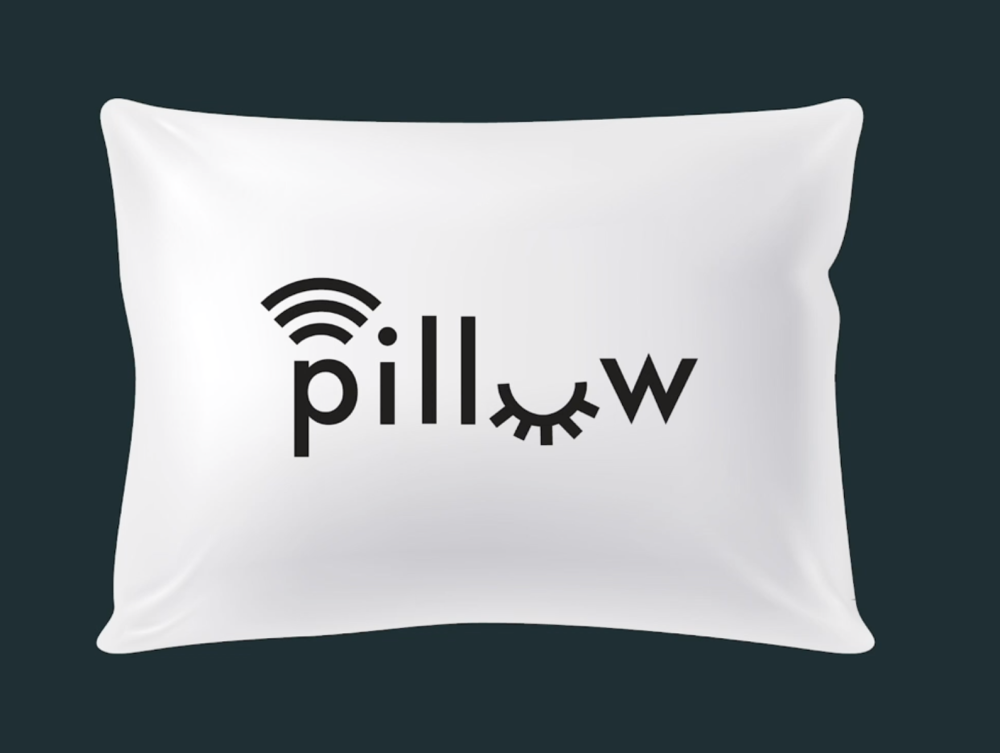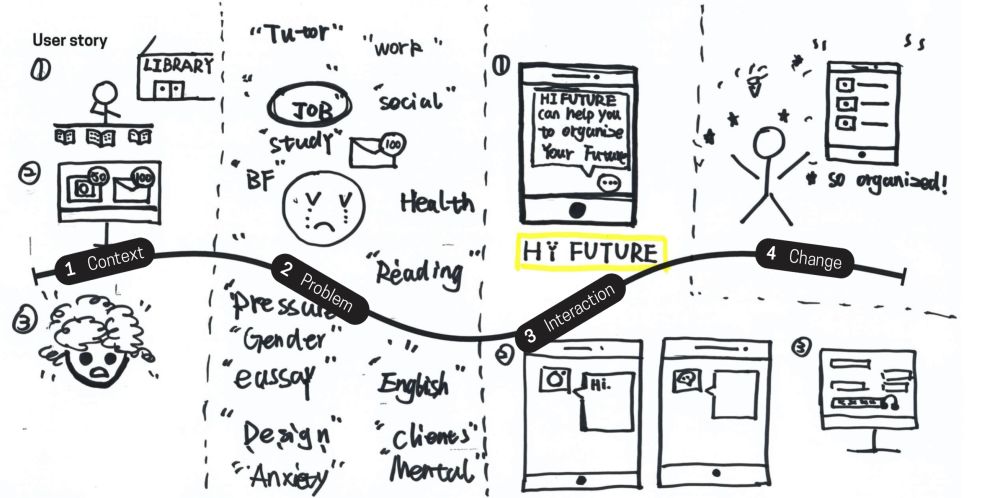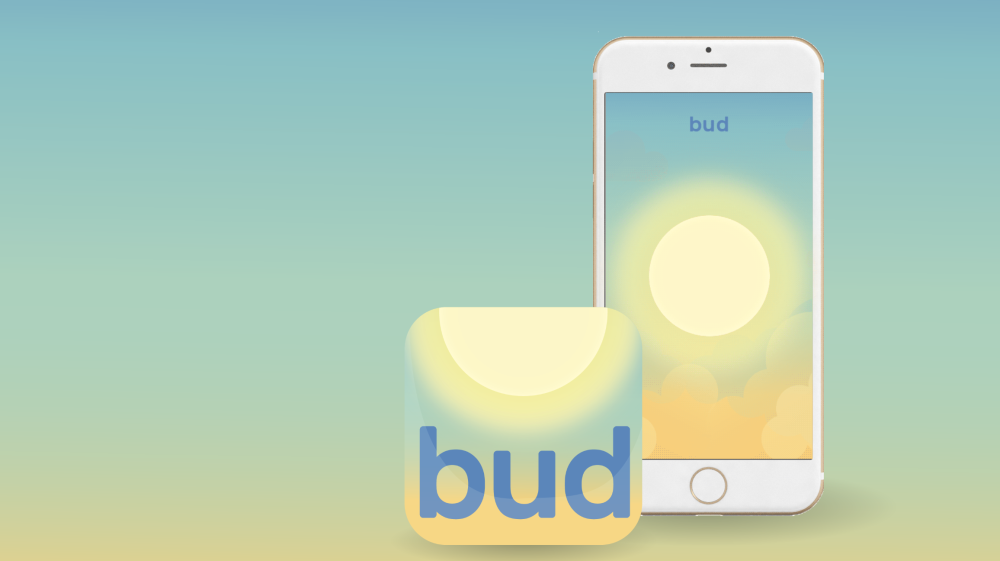The Feminist Internet collective born out of UAL has shared its experimentation in feminist conversation design, with a first look at eight alternatives to Alexa and Siri that have been prototyped by a group of UAL students.
‘Designing a Feminist Alexa’, a creative learning programme in partnership with the UAL Creative Computing Institute (CCI), gave over 40 UAL art and design students the opportunity to consider how PIAs (personal intelligent assistants) could be consciously designed against negative bias and to be more representative of a diverse society.
Feminist Internet co-founder Dr Charlotte Webb:
We started out with the question: WTF is a feminist conversation? And challenged ourselves as designers of education and technology to come up with some answers.
Rather than design for a ‘universal’ user, participants were asked to identify a user type that could be empowered through their voice assistant. Working in groups they developed new forms of voice assistant designed to meet meaningful human needs and uphold feminist values, developing these into early prototypes.
HiFuture is targeted towards students that are uncertain, confused and overwhelmed with the amount of future options they receive from university and wants users not to feel pressured by being a part of a “rat race” to find a job after graduation..
BOO meanwhile is designed for teenagers of all identities to answer taboo questions and support the user around physical and emotional changes..
Egami is an “eccentric, informal” PIA that promotes self-expression and self-love and is particularly open to all things queer.
All of the eight designs are programmed to challenge and confront abusive language.
Gallery
The programme is the outcome of the first Fellowship awarded by the CCI to Feminist Internet as part of CCI’s public programme. The topic was born out of a mission to address the equality imbalances present in gendered voice assistants used by millions of people as well as the problematic ways these technologies are programmed to respond to abuse – underlined recently by Unesco’s high profile report ‘I’d Blush if I Could’, which takes its name from the response given by Siri when a human user would tell ‘her’, “Hey Siri, you’re a bi***.
To date, over 200 UAL students and staff and over 100 people from industry have engaged with the programme. Three of the student designers involved in creating the alternative designs and featured in the report are Cristina Rosique Gomez, studying MA Graphic Media Design at London College of Communication, UAL and Anna Tsuda and Safiya Ahmed, both studying BA Graphic Design at Camberwell College of Arts, UAL.
Cristina Rosique Gomez:
You see how effective design can be to address social problems, and not just in an utopian world.
Anna Tsuda:
The workshop was very much a moment of enlightenment for me. I now have a clearer vision of how I want to pursue my path as a designer.
Safiya Ahmed:
I feel I will refer to the standards used in the workshop and consciously try be a part of more ethical design.
The framework for all the designs was an existing Feminist Chatbot Design Process created by Feminist AI researcher Josie Young which aims to help designers “make your chatbot better by ensuring it doesn’t knowingly or unknowingly perpetuate gender inequality”.
Feminist AI Researcher Josie Young:
It was so impressive to see how innovative the students’ prototypes were, and how deeply they had considered the many feminist and ethical issues associated with this technology. I was really proud to see how far the students were able to progress with resolving these issues in their designs.
Feminist Internet recently released the podcast ‘Is A Feminist Alexa possible?’ with Somerset House Studios talking about the consequences of having gendered voices encoded into our space and considering the potential of voice technology outside of commercial contexts. It featured Feminist Internet's co-founder Charlotte Webb, AI expert Josie Young and creative technologist Alex Fefegha, and UAL students Safiya Ahmed, Digby Usher, Arlette Dumas and Maria Than, who took part in designing the Alexa and Siri alternatives.
Supported by the UAL Futures learning initiative, Feminist Internet was formed in 2017 to advance internet equalities for women and other marginalised groups through creative, critical practice. The UAL Creative Computing Institute supports interdisciplinary teaching, research and knowledge exchange connecting creativity and computational technologies. The Institute works across domains such as machine learning and artificial intelligence and explores how the contemporary world is being defined through human computer interaction and social platforms.
